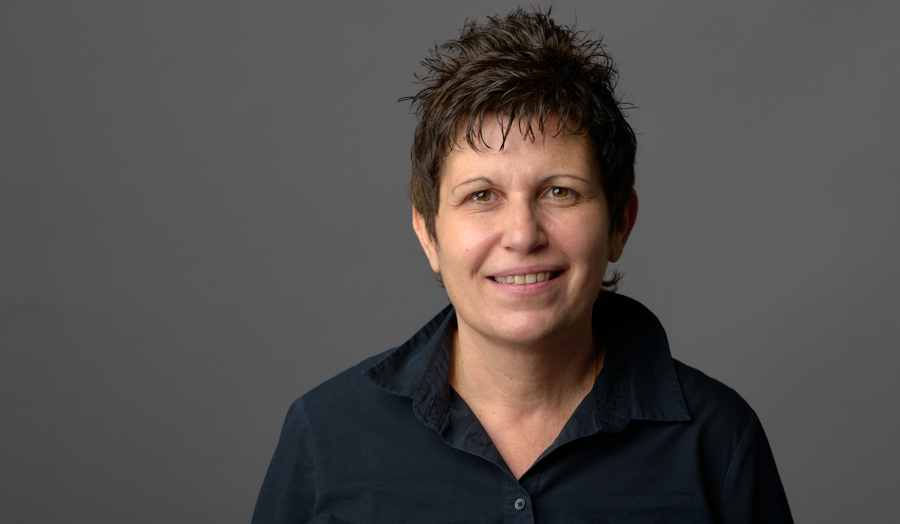Project overview
Women and migrants continue to make inroads into the academic labour market in the UK where their numbers are increasing. This international study aims to to investigate the experiences of migrant female academics in the UK, wishing to make them visible and explore the barriers they face. 50+ migrant female academics working in various universities in the UK will be interviewed to explore how we can support migrant female academics in the post-COVID-19 era. The research will hopefully reveal the challenges that they face i.e., when they seek career advancement or when they have to look after their family as they often live in transnational families (TNFs). The research will offer recommendations for senior leadership teams, HR managers, educators and policy-makers to promote inclusion.
More information
Migrant academics (MAs), understood as foreign-born individuals employed by a university on a teaching and/or research contract, are a crucial part of higher education in the United Kingdom (UK). A third of country’s academics are from abroad (Lenihan and Witherspoon 2018), although the exact number varies based on the definition of ‘migrant’ being adopted (Coey 2018). MAs represent mobile talent believed to be key to the country’s knowledge-based economic growth (Ackers and Gill 2008; Guth and Gill 2008; Cañibano and Woolley 2015). Thus, there is now a significant body of scholarship that seeks to better understand academics’ international mobility motivations and experiences (Cattaneo et al. 2019; Cañibano and Woolley 2015; Morano-Foadi 2005; Jöns 2009).
Discourse on migrant academics is developing, but further work is required to understand how migrant status may affect experiences within the academy. The theory of intersectionality provides a useful lens to understand how membership to different social identity categories, e.g. gender and ethnicity, may affect career outcomes (Özbilgin et al., 2011). Blackaby et al. (2005) argue that UK male academics are more likely to receive job offers from outside their institution and this may partially explain the gender pay and promotions gaps. A similar pattern is observable in the way that the labour market in the higher education sector has expanded and internationalized in the process through recruitment of non-British academics from a wide pool of global talent.
The current study therefore aims to address the following research questions:
- Which are the career enablers that can help migrant female academics achieve their goals?
- Which are the barriers migrant female academics face in higher education institutions (HEIs) in the UK?
A qualitative approach will be adopted in this study, as it will allow acknowledgement of the consciousness of the subjects or actors in the world (Richards, 1999).
The study will present findings from an international study which aims to shed some light on migrant female academics’ experiences.
- Presentations at various international conferences
- Preparation of an article


